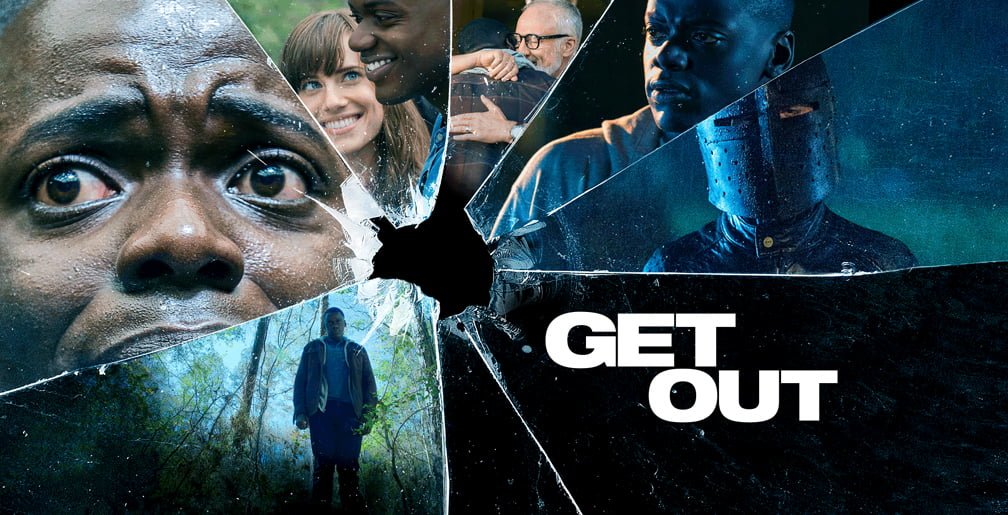
‘Get Out’ has been making waves (and garnering award season attention) since it arrived in theaters a year ago. This is partly thanks to the film’s subject matter and the unique way in which it deals with racism. But even setting aside the social commentary, ‘Get Out’ is just a rock solid horror film, something all the more remarkable for the fact that it marks Jordan Peele‘s directorial debut.
Indeed, it’s rare to find a first time director who is so self-assured. And that confidence manifests itself in everything from the film’s subtle satire to the Peele’s expert command of mood. From virtually the word “go,” Peele crafts an atmosphere of unease, wordlessly telling the audience that something isn’t right here. From there, things gradually escalate, eventually progressing from creepy to what can only be described as “seriously f@%&ed up.”
But don’t let Peele’s assurance fool you into thinking the film’s story arrived fully formed. Like any other creative endeavor, it went through its share of revision and refinement. And in this case that includes alternate endings. Speaking to the Hollywood Reporter, Peele described one of those endings:
“I had several different ones [endings]. There was a while where it was more of a gated community, and we get to Chris breaking out, but right before he breaks out he meets some sort of final test that we don’t know how it ends. We cut to Rod a couple months later, breaking into the gated community, going down the main street and seeing Chris just looking into the reflection of a window. And he goes: “Christ, I’ve been looking for you. Are you okay?” And Chris turns to him and goes, “I assure you, I don’t know who you’re talking about.””
As Peele notes, this wasn’t the only alternate ending. Another, included with the film’s home video release, would have seen Chris confront Allison as in the finished film. Instead of Rod intervening at the eleventh hour, the police would have arrived and arrested Chris. With a house full of bodies and no one to corroborate his story, Chris would have ended up in prison, taking solace in the fact that he was able to stop the Armitage family.
The consistent thread that runs through the alternate endings is that they’re all notably darker than the one Peele eventually settled on. Why the change? Essentially, the real world happened, in particular a number of high profile police shootings. Because of the impact of these shootings on the American racial climate (which Peele describes as becoming “more woke”), the director decided to go with a happier ending.
